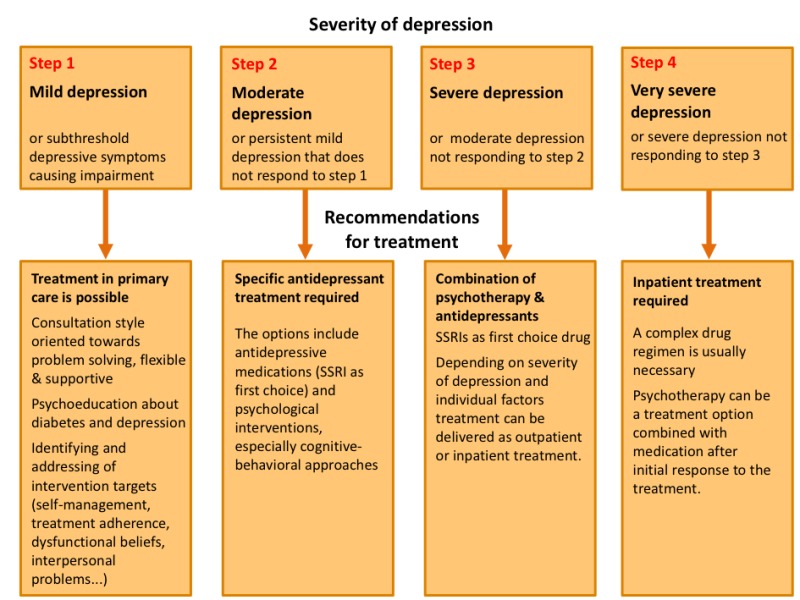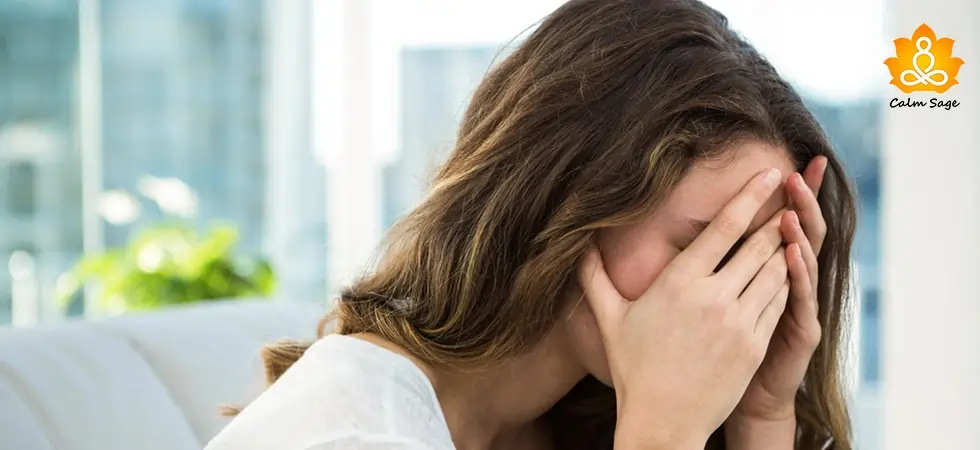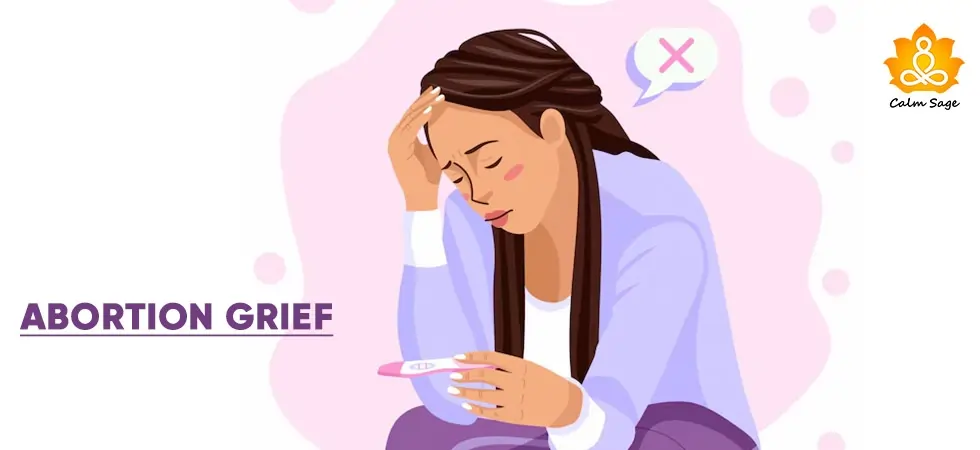Moderate Depression: Symptoms, Causes & Treatment

“Many depressed people can only see their pains, and their hurts, and their resentments, and their failures. They can’t see the blue sky and the yellow leaves, you know?” – Bill Richards
This is what depression feels like. It can make your hurts and resentments magnify and it makes the good things in your life take a back seat. It is normal to feel sad and depressed but if that depression begins to take over your life, then it can turn into something more severe.
Depression, too, can vary in severity – mild, moderate, and severe. The intensity of depression can vary from person to person. People use the term ‘depression’ offhandedly to express their sadness. While it is not a bad thing, it can mean a different thing to many people. The intensity of the symptoms of depression matters.
For instance, 20% of the population might have symptoms of mild depression, 50% moderate, and 30% severe. This can be divided by the severity and the occurrence of the symptoms. If depression is affecting a person’s ability to function in their daily life, it can be diagnosed as moderate depression. The symptoms of moderate depression differ from that of mild and severe depression.
Symptoms Of Moderate Depression
The symptoms of moderate depression can be classified into two main symptoms: constant low mood and loss of interest (anhedonia). Other symptoms can be:
- Feeling hopeless
- Guilt
- Trouble concentrating
- Loss of motivation
- Withdrawing from social situations
- Lack of energy or fatigue
- Change in sleeping pattern
- Change in eating habits
- Irritability and low self-esteem
- Loss of productivity
While moderate depression may not have severe effects on your mental and emotional health, it can affect your performance at work, school, home, and social situations.
Also Read: Facts About Depression You Should Know
Other depressive disorders have similar symptoms as moderate depression. You may want to consult a professional mental healthcare provider before concluding. Some disorders that can be mistaken for moderate depression and vice versa are:
- Persistent Depressive Disorder or Dysthymia
- Premenstrual Dysphoric Disorder
- Bipolar Disorder
Causes Of Moderate Depression
Depression is one of the most common mental health disorders in the world. The factors that cause depression can be various but some of the most common factors are:
- Genetics
- History of depression or depressive disorders in the family
- Having an underlying mental health disorder
- Financial stress
- Chronic stress or anxiety
- Side-effects of certain medications
Treatment For Moderate Depression
Psychotherapy combined with medications and lifestyle changes can help treat the symptoms of moderate depression.

Image Source: ncbi.nlm.nih.gov
1. Psychotherapy
Cognitive-behavioral therapy (CBT) is one of the most commonly recommended psychotherapy approaches for treating moderate and mild depression. CBT aims at identifying the source of negative thoughts and then replacing those negative thought patterns with more optimistic and practical thinking.
CBT is a short-term therapy model with not more than 20 sessions. It also helps a person develop healthy coping strategies to deal with depression.
Click Here to Get Help from Licensed Therapist
Disclaimer: As BetterHelp Affiliate, We may receive compensation from BetterHelp or other sources if you purchase products or services through the links provided on this page.
Other therapy approaches that can be used to treat depression are:
It is recommended that you reach out to a professional mental healthcare provider before deciding on a treatment option. You can reach out to online therapy programs or trained professionals here for more information or write to us at info@calmsage.com.
2. Lifestyle Changes
Not many people are comfortable with talking to a therapist. However, there are many self-help options available to help you manage your symptoms of moderate depression. TO treat your depression, you can try:
- Getting regular physical exercise: Physical exertion helps release endorphins, our body’s natural painkillers, that can help you feel good.
- Practicing stress management techniques: Mindfulness, meditation, yoga, tai chi, deep breathing exercises, and relaxation techniques are also helpful.
- Self-care: It is important to remember that if you’re not taking care of yourself, you won’t be able to do so for others. Take some time off to take care of your needs. Go for a walk in nature, talk to your friends, explore a new hobby – do things that make you feel good and happy.
Try to avoid closing yourself off from others and social situations. Being alone is good sometimes but not all the time.
3. Medications & Alternative Remedies
Several antidepressants can help you manage your symptoms of depression but it is highly recommended that you consult a physician before taking any medications. If you’re not comfortable with prescribed medications then you can try alternative remedies such as:
- Aromatherapy
- Acupuncture
- Music therapy
- Pet therapy
- Meditation
- Yoga
Or you can try taking natural supplements such as:
Final Words
While the symptoms of moderate depression aren’t severe and harmful, they can affect your ability to perform your day-to-day functions. Depression, of any kind, if left untreated can be harmful to not only your mental but emotional and physical health.
Click Here to Get Help from Licensed Therapist
If you or someone you know are experiencing symptoms of mild, moderate, or severe depression, it is suggested that you reach out to a trained and licensed mental healthcare professional.
Depression can seriously affect your quality of life. Reaching out for help is something that no one should be ashamed of.
“The only thing that is wrong with you, Is you thinking that there is something wrong with you. Love yourself. Accept yourself.” – Anujj Elviis
Stay Safe!





















Very informative blog on causes with treatment of depression. Great work Calm Sage.
Some time i also feel such symptoms in me and that time i dont have solution but now i know through this article how to treat them.
thank you for the insight and ideas for self care.